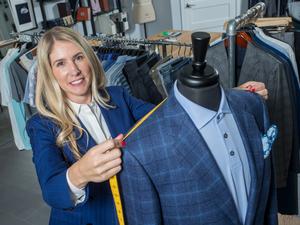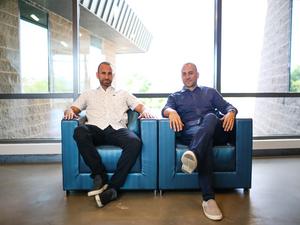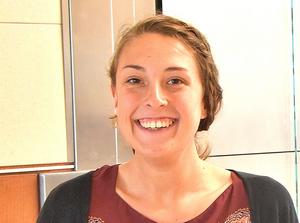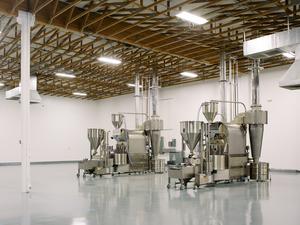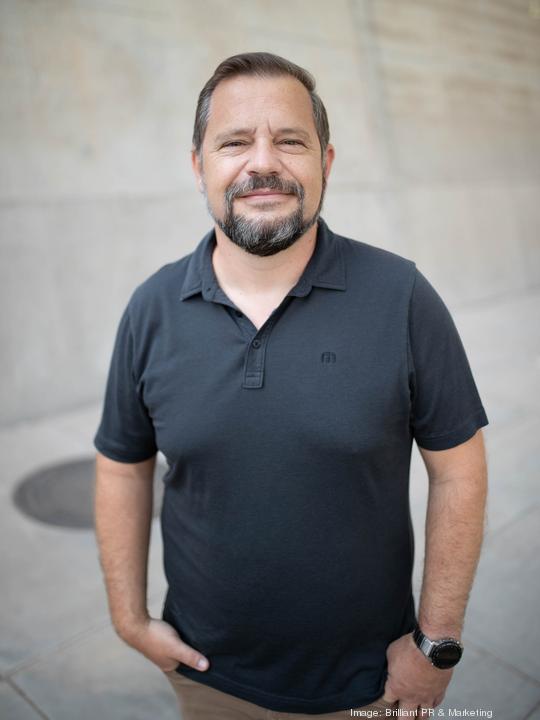
As a serial entrepreneur and self-described coder geek, Sergio Radovcic sought a sustainable alternative to wheeling out a garbage can full of diapers each week.
Radovcic compares himself to James Dyson, of Dyson vacuum fame. He was just a guy that wanted to engineer a solution to a glaring problem, much like how Dyson improved upon the vacuum.
"I was just the geek wheeling, an entire garbage can – the city of Phoenix garbage can – right to the curb, full of diapers, with two little ones in diapers," Radovcic said.
Determined to find a sustainable solution, Radovcic launched Scottsdale-based Dyper, a carbon and plastic neutral subscription-based diaper service for parents in 2018. Dyper uses compostable and fully biodegradable materials in the diaper, making it carbon neutral.
The diaper service is available nationwide, but currently pickup of used diapers is only available in Scottsdale and San Francisco. Dyper currently has 48 employees
"We're at a fourth generation of diaper already, and that's in less than three years," Radovcic said. "You're constantly tweaking the formula to increase the amount of biomass -- the amount of mass that you can safely process."
Disposable diapers in the U.S. almost always end up in landfills, where they emit methane gas and contain a significant amount of plastic which, on average, can take up 450 to 1,000 years to decompose.
"It's built with 24 grams of plastic," said Radovcic, CEO of Dyper. "So, the average diaper uses twice as much plastic as a bottle of Coke."
An average baby will go through 3,700 diapers in its lifetime, or the equivalent of 7,000 bottles of Coke, he said.
"Millennial parents would not dare toss [that] in the garbage," Radovcic said. "They'll carry it in their backpack for bottles when hiking or not buy it at all to buy reusable bottles, but yet this one time they'll be perfectly fine with killing the planet."
Through the process of finding suppliers, Radovcic decided on bamboo as the principal material in his diaper.
"It grows wickedly fast," he said. "Some say as much as three inches a day depending on a plant. It can be responsibly harvested."
Bamboo has a decomposition time of three years if adequately soiled. The time is a fraction of the time compared to its plastic counterpart.
Already considered a leader in the green diaper industry, Dyper became profitable in the first year. Radovcic hopes to expand nationwide in the effort to make an impact on the lives of his children.
To Radovcic, it's not about the money.
"Why am I in this,?" asked Radovcic while holding up a picture of his two children. "Because of these two, exhibits A and B."
